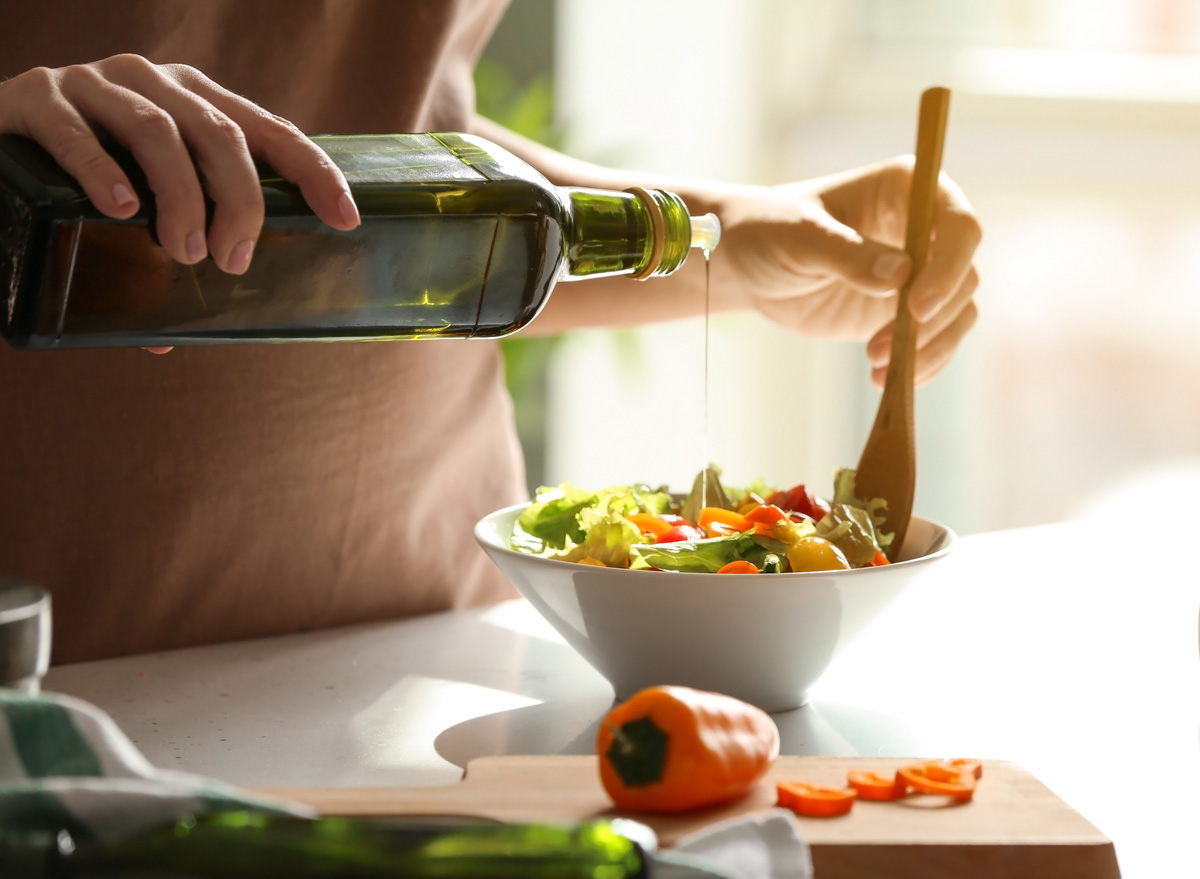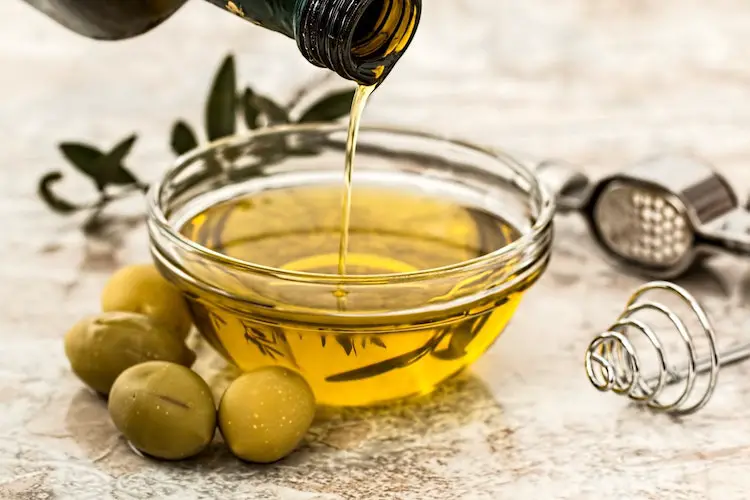Can You Use Olive Oil Instead of Vegetable Oil When Baking?
Many people wonder, can you use olive oil instead of vegetable oil when baking? The answer may not be straightforward, but understanding the differences between these oils can significantly impact your baking results. This article dives into the nuances of baking with olive oil versus vegetable oil a must-read for beauticians who love baking as a hobby or profession!
As a beautician, you may appreciate that the ingredients you use can have effects beyond just flavor. The oils you select might even contribute to the quality of your baked goods, just like your choice of skincare products can enhance beauty. Let's explore why olive oil could be a fantastic choice in your recipe repertoire.

Understanding Olive Oil and Vegetable Oil
Olive oil is derived from pressing whole olives, producing a rich, flavorful oil loved in Mediterranean cuisine and beyond. It is known for its health benefits, including high levels of monounsaturated fats and antioxidants. Vegetable oil, on the other hand, is a more generic term that may encompass a variety of oils like canola, corn, and soybean oil, usually known for their neutral flavor.
The Flavor Factor
One of the primary distinctions between these two oils is flavor. Olive oil has a distinct taste that can range from fruity to peppery, depending on the type. In contrast, vegetable oil has a much milder flavor that doesn't affect the final taste of your baked goods as much. If you are baking a delicate pastry or cake, the stronger flavor of olive oil might influence your recipe's overall profile.
Nutritional Benefits of Olive Oil
Choosing olive oil over vegetable oil carries a multitude of health benefits:
- Rich in Antioxidants: Olive oil is packed with antioxidants that promote heart health and combat inflammation.
- Monounsaturated Fats: This makes olive oil beneficial for cholesterol levels, which can be an important consideration for those health-conscious or concerned about their appearance.
- Low in Trans Fats: Unlike some vegetable oils, high-quality olive oil is typically free from trans fats that can negatively affect health.

Can You Bake with Olive Oil?
Yes, you can definitely bake with olive oil! In fact, many bakers are switching to olive oil because of its health benefits and rich flavor. However, it is essential to consider the type of dish you are preparing. For more robust flavors, olive oil can add a unique twist.
Baking with Extra Virgin Olive Oil
If you decide to use olive oil for baking, pick extra virgin olive oil for its superior flavor and quality. This type retains most of the antioxidants and vitamins since it is processed without chemicals. You may even infuse it with herbs or spices for an added dimension. Check out our guide on infusing olive oil.

Comparing Smoke Points
When baking at high temperatures, the smoke point of the oil becomes crucial. Olive oil has a lower smoke point than some vegetable oils, which might affect the way cookies or cakes rise and develop textures. However, the explosive development of flavors can compensate for this, making the end product even more delightful.
Using Olive Oil in Various Baking Applications
Olive oil is versatile. You can use it in various recipes like:
- Cakes: Replace butter or vegetable oil for a unique flavor.
- Bread: Olive oil can enhance the crust's crispiness.
- Cookies: It adds moisture and richness.

Can I Substitute Olive Oil for Vegetable Oil in Recipes?
Absolutely! A good rule of thumb is to use a 1:1 ratio when substituting olive oil for vegetable oil. However, be mindful of the flavor; for mild recipes, consider reducing the amount or choosing a milder olive oil.
Common Misconceptions About Cooking Oils
There are common myths surrounding the use of baking oils. One persistent myth is that all oils are created equal they are not! Each oil has its unique flavor, nutritional profile, and cooking characteristics. For more detailed information on the types of oils, visit this article.
FAQ Section
1. Can baking with olive oil change the texture of baked goods?
Yes, substituting olive oil instead of vegetable oil can result in a denser or moister texture, enhancing the richness of the final product.
2. Is olive oil safe for high-temperature baking?
While olive oil can be used for baking, it's important to monitor temperatures closely to avoid hitting its smoke point, which can compromise flavor and nutritional benefits.
3. Can using olive oil benefit skin health?
Olive oil's rich antioxidants can nourish your skin from the inside out, although it is primarily celebrated for its culinary applications.
For further reading about the benefits of olive oil, check out articles on olive oil's shelf life and best types for cooking.
As an Amazon Associate, I earn from qualifying purchases.

